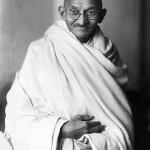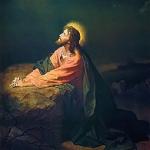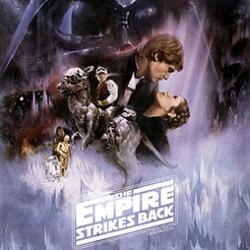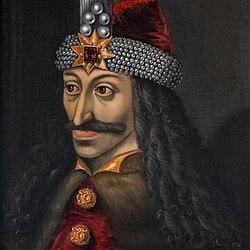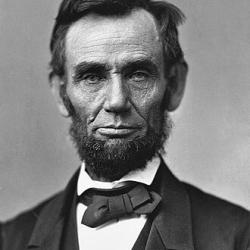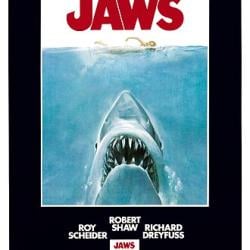For your holiday reflection
here are some selections from the public domain work
Armistice Day (1927)
Anne Putnam Sanford and Robert Haven Schauffler
A young orderly burst into the Mars hospital ward and a tingling hush of premonition leaped from bed to bed down the long double row of wounded officers.
“The Colonel has received the following dispatch: ‘At 11 A.M., to-day, firing will cease on all fronts. This is official!'”
Even after the door had slammed, the incredible hush continued. In common with all the dwellers on earth we were living through the most significant, the most poignant, the most stupendous moment of our lives.
As the years pass, our personal recollections of the war period,—of the sacrifices, of the enthusiasms, and of the ideals of those days,—inevitably become less vivid. It is of prime importance for the future peace of the world that the present generation shall be kept alive to the spirit which marked our participation in the World War and the hopes that burned so high on the day when the successful outcome of the struggle was assured. Annually, on November 11, the lesson of that day should be retaught in our schools.
At 11 o’clock on the morning of November 11, 1918, an entire world, weary, worn and bent under the disaster of the World War, knelt in thanks to God. The guns ceased booming. A new note was in the air. A new hope was in every heart, a hope and a prayer that the fighting of nation against nation, of people against people, had ended for all time. We want to go back in spirit to that grand moment. We want to recall the purpose common to every one at that moment to do each his or her share to make impossible, ever again, such a disaster.
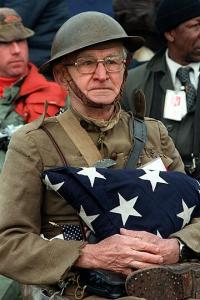
PATRIOTISM
BY LYMAN ABBOTT
A nation is made great, not by its fruitful acres, but by the men who cultivate them; not by its great forests, but by the men who use them; not by its mines, but by the men who work in them; not by its railways, but by the men who build and run them. America was a great land when Columbus discovered it; Americans have made it a great nation.
In 1776 our fathers had a vision of a new Nation “conceived in liberty and dedicated to the proposition that all men are created equal.” Without an army they fought the greatest of exciting world empires that they might realize this vision. A third of a century later, without a navy they fought the greatest navy in the world that they might win for their nation the freedom of the seas. Half a century later they fought through an unparalleled Civil War that they might establish for all time on this continent the inalienable right of life, liberty, and the pursuit of happiness. A third of a century later they fought to emancipate an oppressed neighbor, and, victory won, gave back Cuba to the Cubans, sent an army of schoolmasters to educate for liberty the Filipinos, asked no war indemnity from their vanquished enemy, but paid him liberally for his property. Meanwhile they offered land freely to any farmer who would live upon and cultivate it, opened to foreign immigrants on equal terms the door of industrial opportunity, shared with them political equality, and provided by universal taxation for universal education.
The cynic who can see in this history only a theme for his egotistical satire is no true American, whatever his parentage, wherever his birthplace. He who looks with pride upon this history which his fathers have written by their heroic deeds, who accepts with gratitude the inheritance which they have bequeathed to them, and who highly resolves to preserve this inheritance unimpaired and to pass it on to his descendants enlarged and enriched is a true American, be his birthplace or his parentage what it may.

THE SIGNING OF THE ARMISTICE
(Editorial from The Independent)
The armistice putting a stop to the war with Germany was signed at five o’clock, French time, in the morning of November 11th. Hostilities ceased at eleven A.M., which is the equivalent of six A.M. New York time.
The armistice bears the signatures of Field Marshal Ferdinand Foch of the French Army and Admiral Sir R. E. Wemyss of the British Navy on the one side, and on the other Mathias Erzberger, Count Alfred von Oberndorff, General H. K. A. Winterfeldt and Naval Captain von Salow. Admiral Sims was present unofficially at the first meeting.

ARMISTICE DAY 1918—1928
That day the guns fell silent at a word,
And instant bells awoke, and every hill
Rang high with song, till heaven itself was stirred:
Only the dead lay still,
The weary dead. But when to-day a clear,
Soft silence falls, they gather, listening
(Grown wise with immortality), to hear
Our mute remembering.
I WOULD THAT WARS SHOULD CEASE
I would that wars should cease,
I would the globe from end to end
Might sow and reap in peace,
And some new Spirit o’erbear the old,
Or Trade refrain the Powers
From war with kindly links of gold,
Or Love with wreaths of flowers.
Slav, Teuton, Kelt, I count them all
My friends and brother souls,
With all the peoples, great and small,
That wheel between the poles.
But since our mortal shadow, Ill,
To waste this earth began—
Perchance from some abuse of Will
In worlds before the man
Involving ours—he needs must fight
To make true peace his own,
He needs must combat might with might,
Or Might would rule alone.


